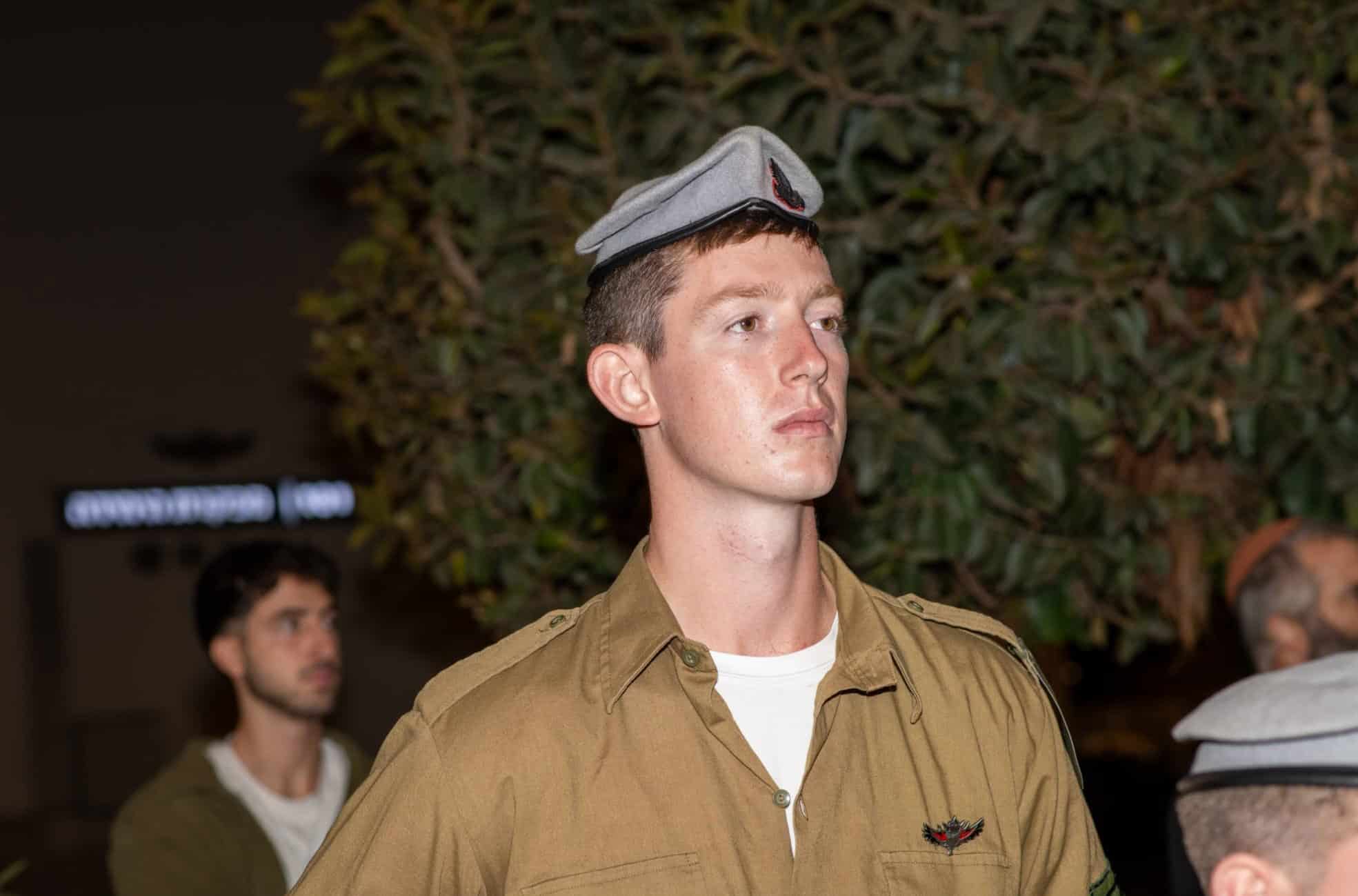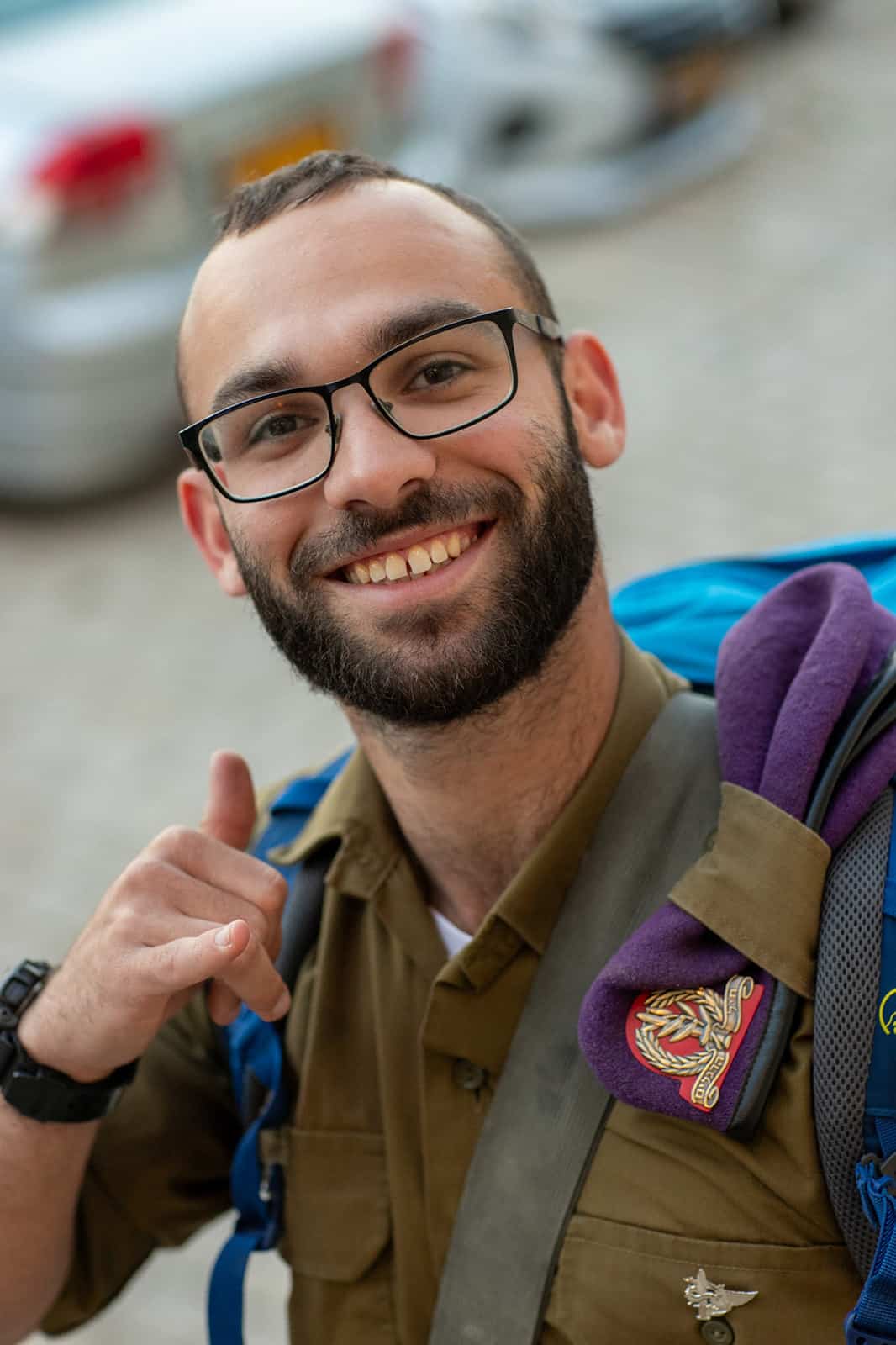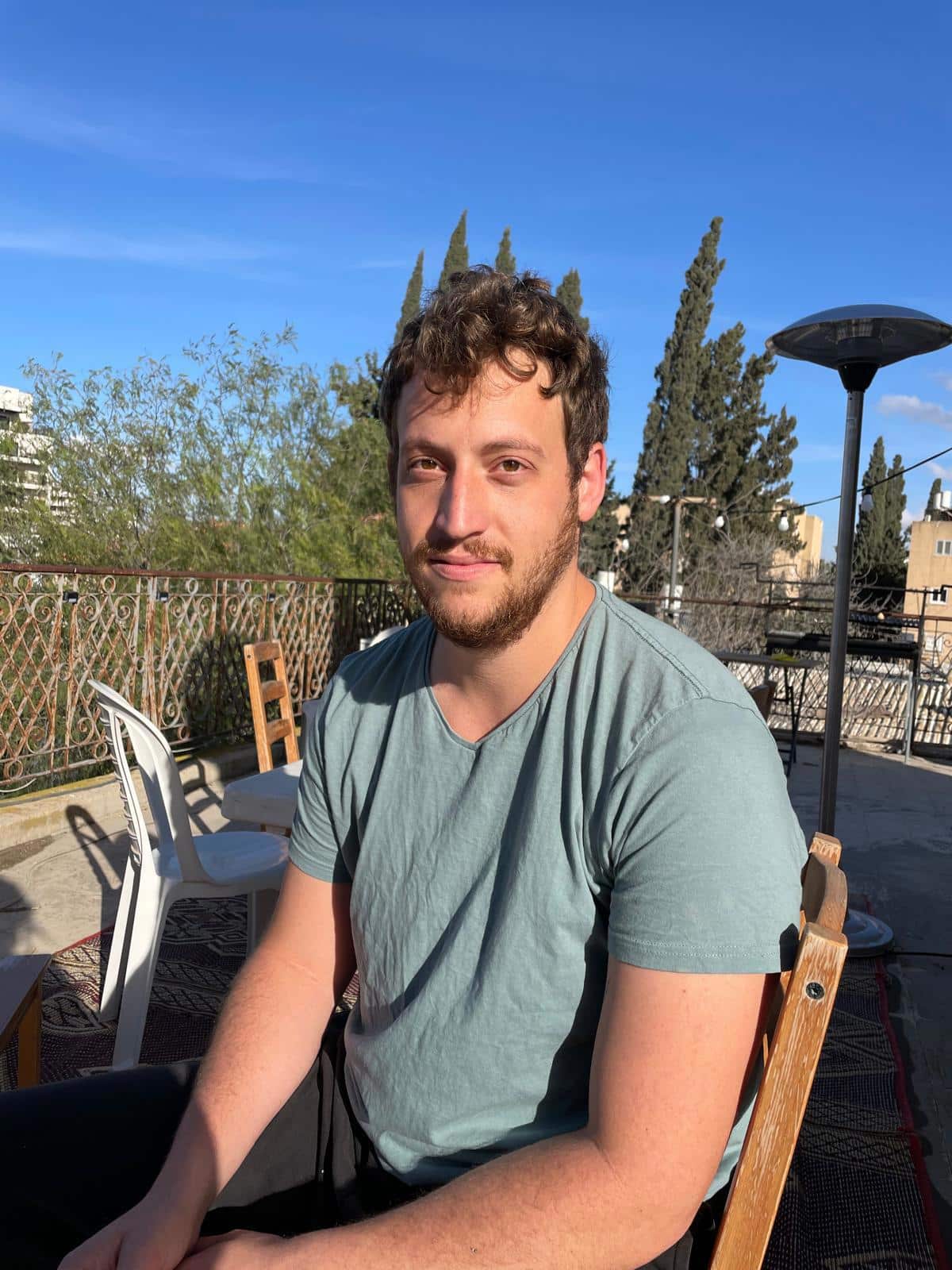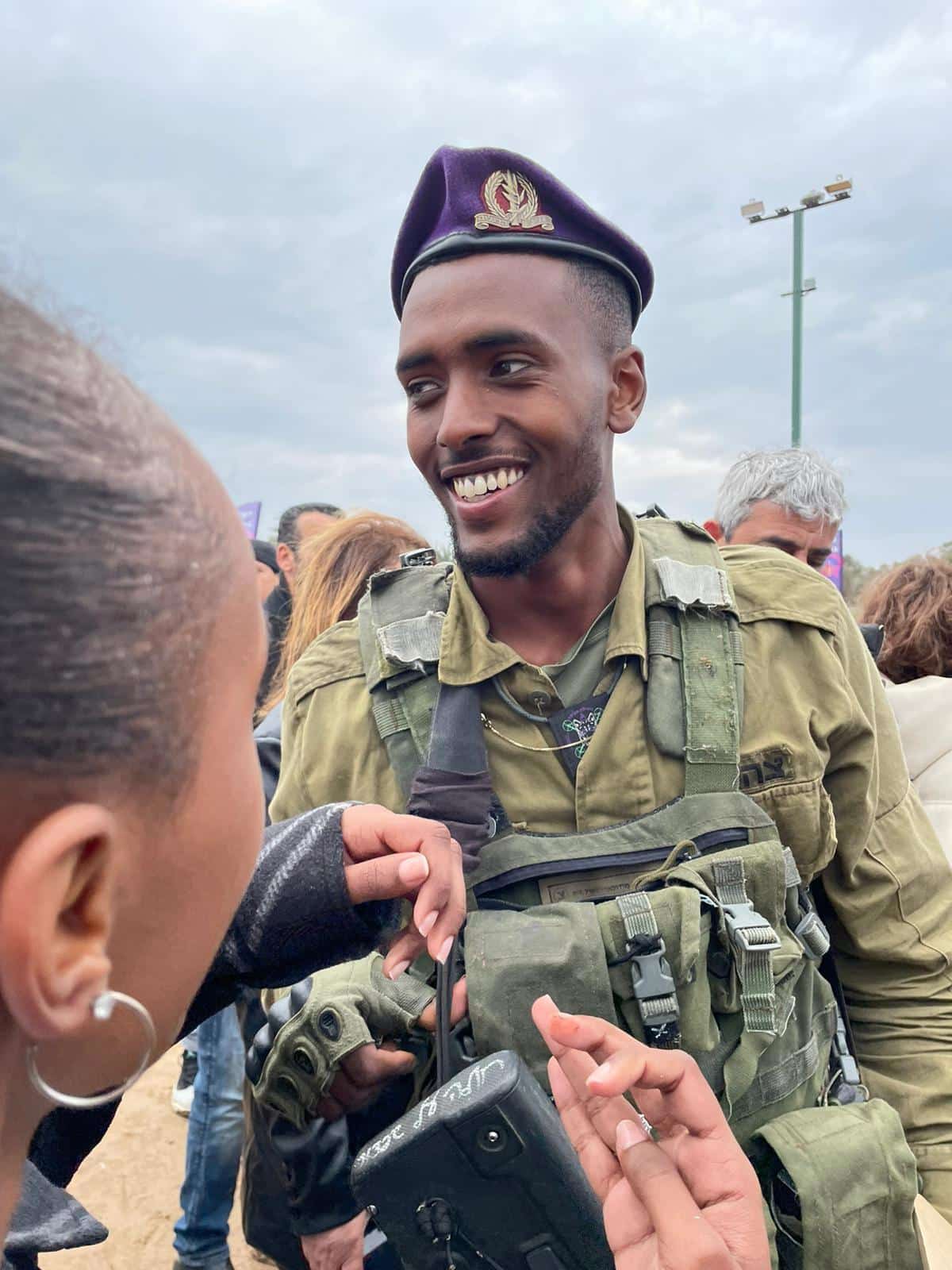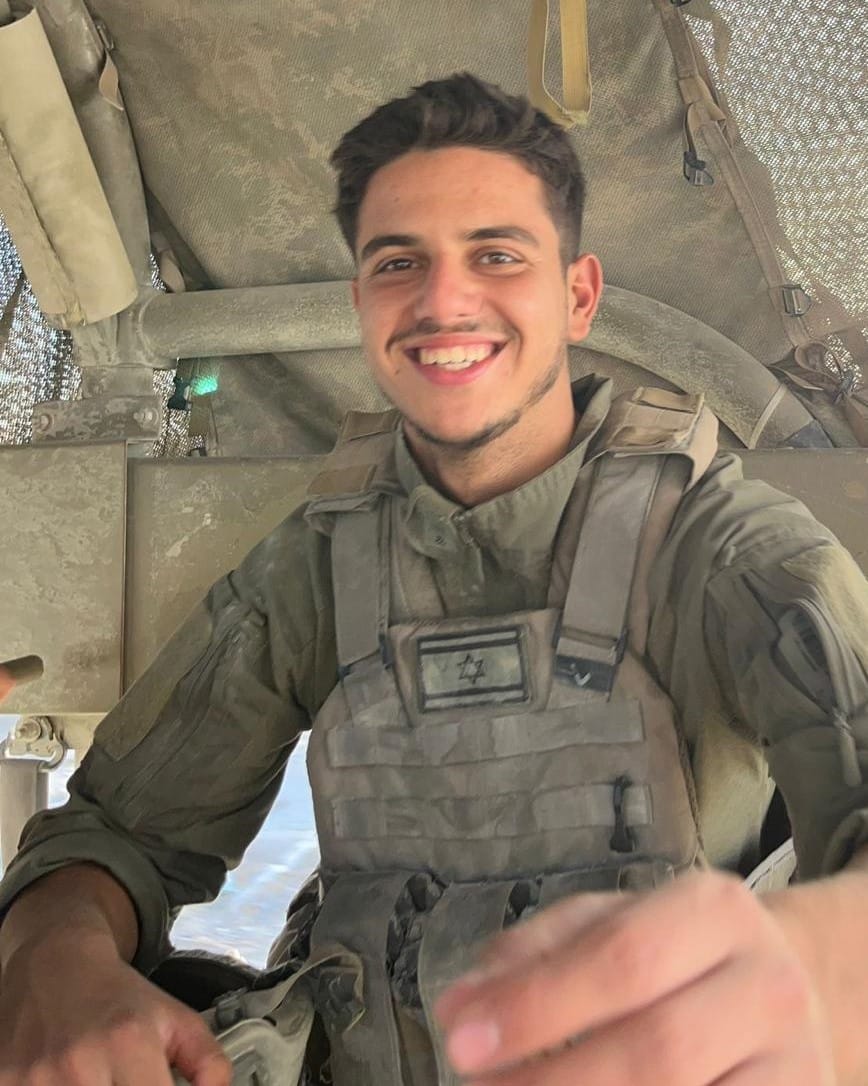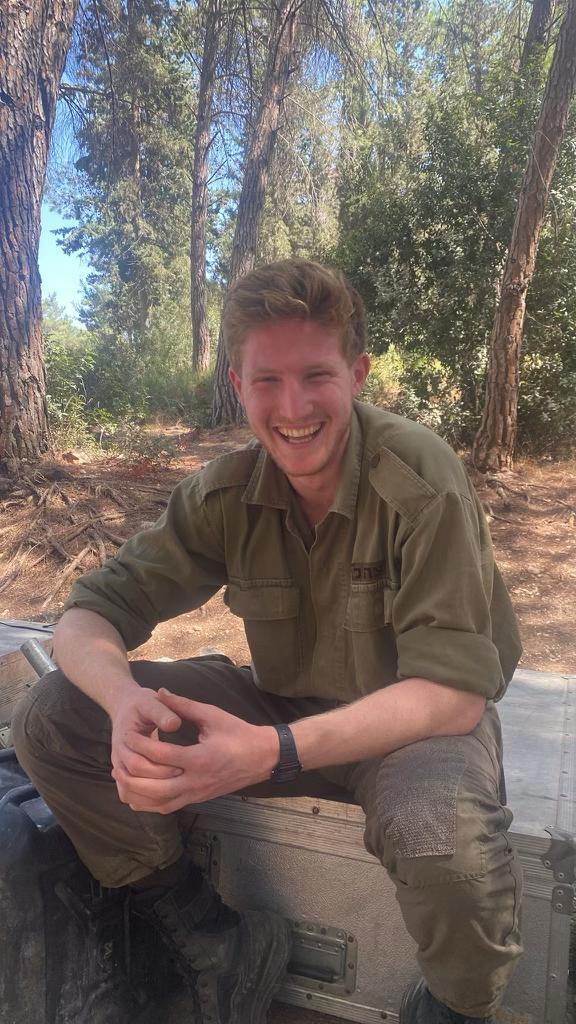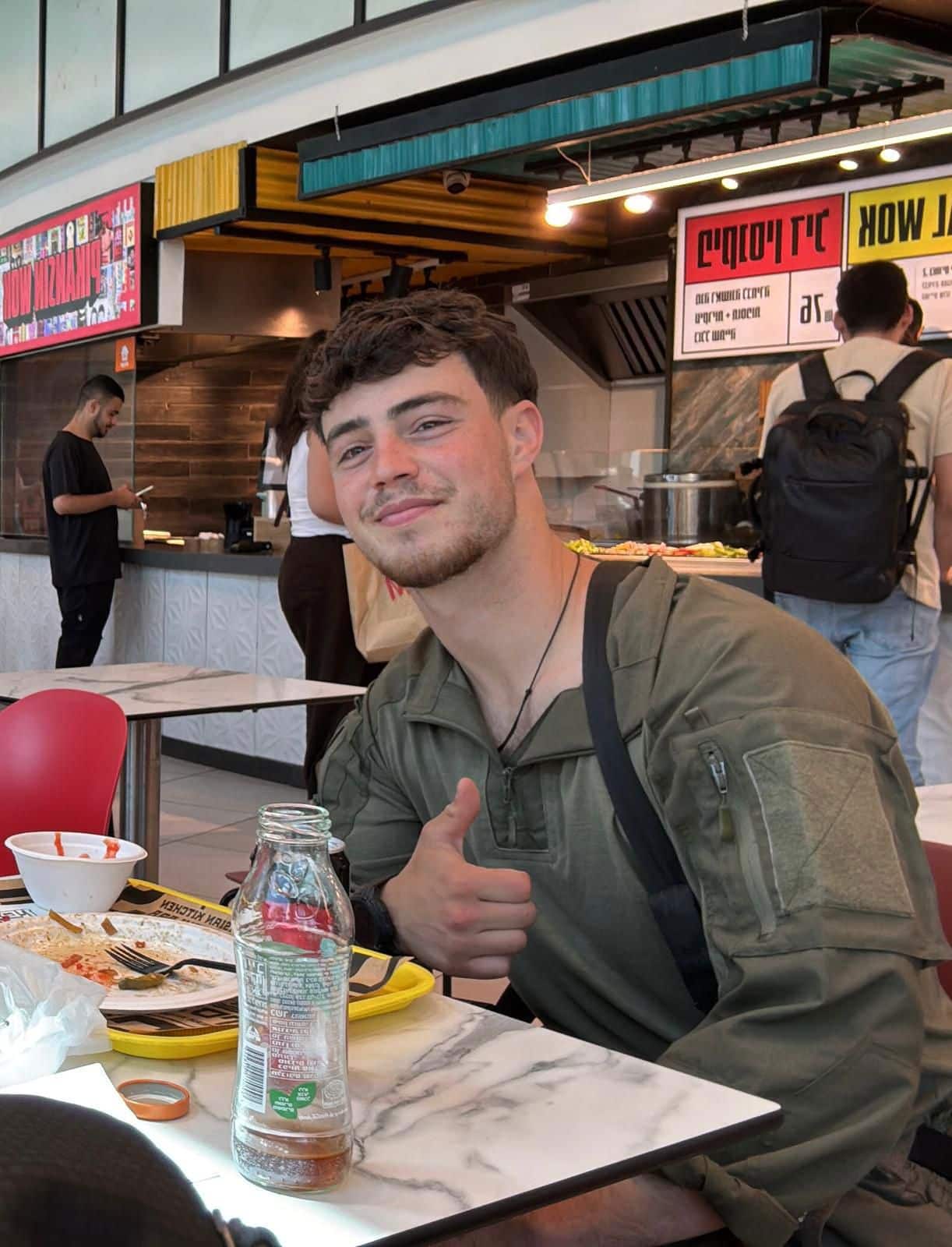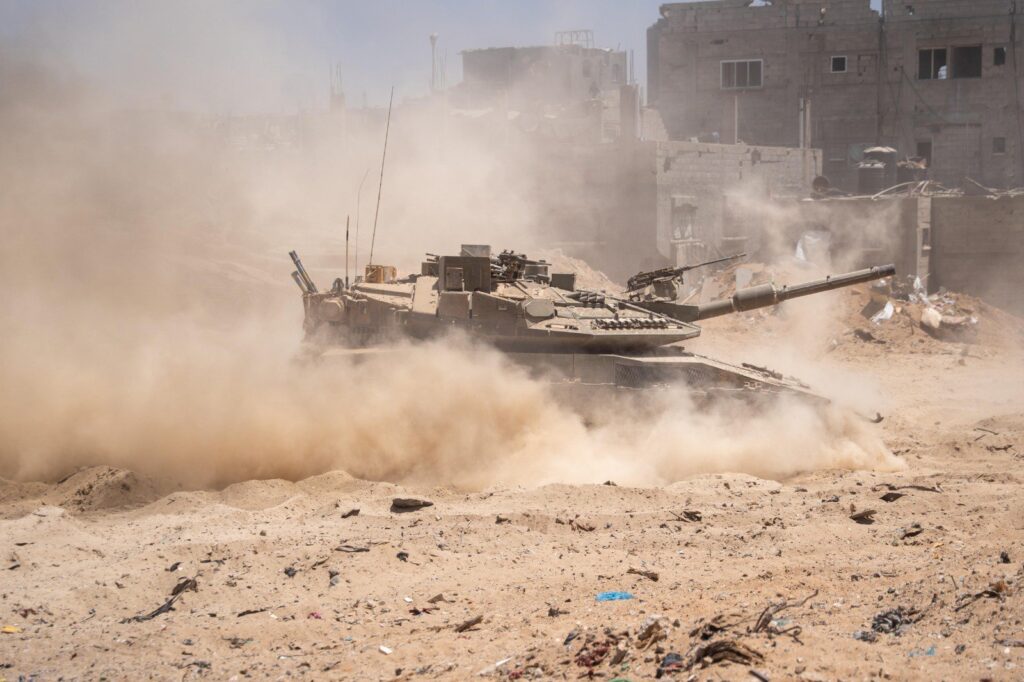
Overview
- Israel has already transferred at least 700 million shekels ($200 Million) for the operation of the Gaza Humanitarian Fund (GHF), hoping that its success will lead the UN and other humanitarian organizations to cooperate with it.
- A leaked conversation between a COGAT officer and a Gazan resident revealed that a Hamas mortar squad fired at the IDF near an aid distribution point to provoke return fire.
- Israel is cooperating with armed militias made up of Arab clans that oppose Hamas rule. Officially, Israel supports armed groups not identified with Hamas or Fatah. The assistance Israel is providing includes providing them with weapons.
- Israel has assured the White House that it will not attack Iran’s nuclear facilities unless US President Donald Trump signals that negotiations with Iran have failed, according to two Israeli officials cited by Axios.
- On June 5th, the IDF warned residents and then struck Hezbollah drone-production sites in Beirut’s Dahiya district, destroying at least 100 apartments and targeting facilities operated by Hezbollah’s Unit 127 which specializes in unmanned aerial vehicle (UAV) operations for attacks, intelligence gathering and surveillance.
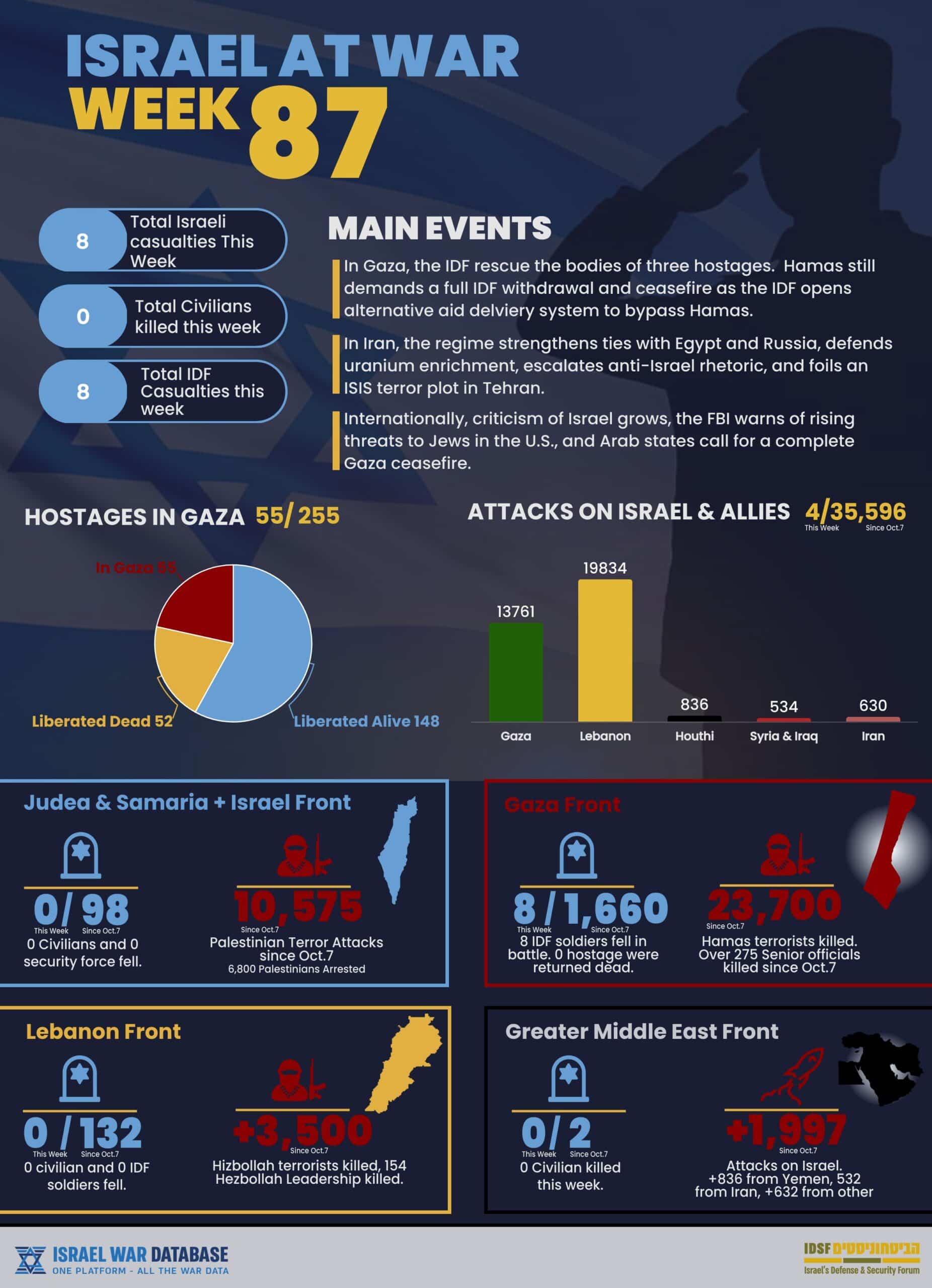
Gaza
Diplomatic
- A Hamas delegation led by Muhammad Darwish met in Doha, Qatar’s capital, with a delegation from Islamic Jihad led by Ziad al-Nakhala.
Hostage Deal
- Egypt and Qatar are attempting to broker a 42-day ceasefire that would lead to a permanent end to the war and a Gaza reconstruction plan. Hamas is demanding a 7-year truce and the establishment of an interim government including itself and other Palestinian factions, with no disarmament required. Israel and the US reject these terms.
- Mediators are optimistic that Hamas will soon submit an updated hostage deal proposal closer to the version presented by US special envoy Steve Witkoff. Egyptian and Qatari mediators, together with Witkoff’s representative in Doha, Palestinian-American businessman Bishara Bahbah, have been working with Hamas officials to soften or remove changes it made to the US proposal.
- The body of slain Thai hostage Nattapong Pinta was recovered in a joint Israel Defense Forces and Shin Bet operation in the southern Gaza.
Operational
- In recent weeks, the 98th and 36th Israeli Divisions (comprised of six brigade combat teams) have seized control of the Khan Yunis area from the south and north, with air force fire support and intelligence guidance. In the past few days, the 98th Division has been operating inside the city of Khan Yunis itself, entering from the north or northeast, while the 36th Division has been advancing from the area of the European Hospital and the southern neighborhoods.
- The 162nd Division has implemented a new method for opening routes due to the threat of explosive devices, but the area remains challenging, filled with mountains of rubble, tents with no civilians, trees and standing buildings, and undetected tunnel routes that provide sufficient cover for militants.
- Combat Team 7 has destroyed at least 400 separate terror infrastructures, both above and below ground. Khan Yunis has become the focal point for both regular divisions, which are concentrating their efforts in an area that is less densely urbanized compared to northern Gaza. This facilitates faster clearance and reduces risk to Israeli soldiers. Like Rafah, Khan Yunis is also expected to be “flattened” to enable protecting and securing Gazan refugees in what Netanyahu termed a “sterile zone free of Hamas.”
- An IDF convoy fell into an IED ambush on a booby-trapped road. A Hamas cell, pinpointed the convoy, emerged from a tunnel shaft under the rubble of a building and rigged it with explosives. The intention was to detonate all 20 bombs, but only one went off, hitting a Humvee. Three soldiers were killed and two were moderately wounded.
- Following intelligence extracted from a captured terrorist interrogated by the Shin Bet, Israeli forces were able to locate in the Khan Yunis area the burial site of the bodies of American Israelis, Judith Weinstein and Gadi Hagai. The bodies were recovered and transferred to Israel. The number of hostages in Gaza has now dropped to 55, of whom 20 are still alive.

Humanitarian Assistance
- It was revealed that Israel has already transferred at least 700 million shekels ($200 Million) for the operation of GHF, hoping that its success will lead the UN and other humanitarian organizations to cooperate with it, ultimately supplying the majority of food and funding.
- Hamas is actively trying to thwart the establishment of any new aid distribution mechanisms led by Israel. If control over aid distribution is taken from Hamas, it could lead to its internal collapse. Recently, with the media backing of Al Jazeera, Hamas has been spreading false and exaggerated reports in order to increase international pressure to halt the new mechanism. Hamas, via the Gaza Health Ministry, claimed that the IDF opened fire on Gazans at the GHF (Global Humanitarian Foundation) distribution center, killing 31. The IDF and GHF categorically denied the allegations, stating that no gunfire occurred. GHF released security camera footage from the time of the alleged attack, showing crowds waiting calmly for food distribution.
- The IDF has acknowledged firing warning shots at Palestinians approaching the aid distribution site before it was officially open or at those arriving from outside the designated safe route. The military stated that its fire hit an unspecified number of people, but did not confirm any fatalities. The shooting occurred about half a mile from the aid distribution site in Rafah’s Tel al-Sultan neighborhood, where hundreds of Palestinians had gathered—a location verified by CNN’s geolocation of videos.
- Many international media outlets ran the false story manufactured by Hamas in an effort to sway global opinion and prevent Israel from breaking Hamas’s control over food and, thus, the population.
- A leaked conversation between a COGAT officer and a Gazan resident revealed that a Hamas mortar squad fired at the IDF near an aid distribution point to provoke return fire, regardless of civilian presence. Contrary to Hamas claims of dozens killed or wounded, only a few casualties actually occurred.I In reality, Hamas recklessly, and intentionally draws fire near civilians with the goal of encouraging fear among Gazan civilians; fostering a lack of trust in the GHF humanitarian process, as well as causing civilian casualties.
- On May 21st, Netanyahu explained the construction of the new humanitarian aid mechanism, describing a “sterile zone, free of Hamas,” initially referring to Rafah, but now apparently also including Khan Yunis. The civilian population is to be relocated there to make room for IDF maneuvering in Gaza City, the central camps, and Deir al-Balah.

Israeli-Backed Armed Militia Fighting Hamas
- Netanyahu released an official statement acknowledging that, following the advice of Israeli security officials, Israel is cooperating with armed Arab militias made up of clans that oppose Hamas rule. Officially, Israel supports armed groups not identified with Hamas or Fatah. The assistance that Israel is providing includes providing weapons, likely protective vests, helmets, and eventually military uniforms.
- Currently, Yasser Abu-Shabab leads the only recognized militia, based in eastern Rafah, which remains the last undestroyed urban part of the city—spared in exchange for the clan’s loyalty. The Abu-Shabab clan is part of the Bedouin Tarabin tribe, whose members mainly live in Sinai and northern Sinai, and cooperate with the Egyptian army against the Salafi militia “Ansar Bayt al-Maqdis,” loyal to ISIS.
- Hamas denounced the Israeli announcement, condemning it as an attempt to create chaos and steal food for redistribution, accusing the “Israeli-backed gangs” of robbing food trucks at gunpoint in recent months and warning the population to avoid them, threatening to prosecute those involved.
- The Lebanese newspaper Al-Akhbar revealed more details from Hamas sources in Gaza. The militia reportedly totals about 300 members, 50 recruited directly by Yasser. The rest include Fatah members, loyalists to the Palestinian Authority, criminals interested in Israeli salaries, and Salafists from other rejected terror factions.
- Abu-Shabab’s force is expected to serve as a policing force, maintaining civil order among relocated Gazans in Hamas-free areas, and may later form the nucleus of a loyalist force for “the day after” Hamas. Two days ago, Yasser called on Gazans to come to Rafah and urged international media coverage, aiming to provide Israel with international legitimacy for a future military occupation.
- Yasser Abu-Shabab released a video from eastern Rafah, openly challenging Hamas for the first time. He admitted to receiving support from the IDF and claimed to represent the Palestinians in cooperation with relevant parties (likely the Palestinian Authority). He called on the population to come to eastern Rafah, where tents are set up, and urged international media to cover the situation. According to him, they are the “people’s forces” against the “oppressive government” (Hamas) and black-market profiteers.
- Abu-Shabab is still hated by most locals as an Israeli collaborator (a “jasus”—a slang term for spy), but he represents a governance alternative to Hamas that is preferred by Israel and has been demanded by many of Israel’s allies.
Judea and Samaria
- The Trump administration is slated to reverse initial plans to eliminate the office of the US Security Coordinator (USSC) in Jerusalem, which helps bolster security coordination between Israel and the Palestinian Authority. The office will be moved under the auspices of the US Embassy in Jerusalem, rather than continuing to operate independently.
Domestic Israel
- Israel’s government faces a political crisis over mandatory ultra-Orthodox conscription, as ultra-Orthodox parties have threatened to topple the coalition. The IDF will begin drafting all ultra-Orthodox males, starting with 16.5-year-olds in July and summoning all eligible 18-year-olds—totaling 54,000. Enforcement measures against draft evaders are planned, but have not yet been implemented due to political sensitivity and low enlistment rates.
- The United Torah Judaism and Shas parties (which have 18 seats in the government) are threatening to withdraw over the issue. If they do, the government will lose its majority and must choose between continuing as a minority, forming a unity government, or calling for elections during wartime.

Lebanon
Diplomatic
- Iranian Foreign Minister Araghchi visited Beirut and met with his Lebanese counterpart, Youssef Rajji. The Lebanese Foreign Minister rejected the possibility of providing direct aid to Lebanese organizations (meaning Hezbollah), saying all aid must go through state institutions.
Operational
- On June 5th, the IDF warned residents of residential building that was used by Hezbollah to flee, before striking Hezbollah drone-production sites in Beirut’s Dahiya district, destroying at least 100 apartments and targeting facilities operated by the Iranian backed Unit 127, which specializes in unmanned aerial vehicle (UAV) operations for attacks, intelligence gathering and surveillance.
- While the Lebanese were making some efforts to dismantle the sites, Israel proceeded with bunker-buster bombings when it was determined that they represented a clear threat to Israel.
- The attacks, coordinated with U.S. intelligence sharing, also served as a warning to Lebanon to more aggressively, disarm Hezbollah.
- Lebanon condemned the strikes but is unlikely to end cooperation with Israel due to international agreements.
- Later, the IDF targeted additional Unit 127 sites in Ain Qana, due to their launching 1,000 UAVs at Israel during the war.
Syria
Military Activity
- Since May 26th, the Syrian border guard has intercepted at least two arms shipments destined for Hezbollah in Lebanon, in the Homs province and the Lebanese Beqaa Valley. The seized materials included a Kornet anti-tank missile, light weapons, ammunition, machine guns, and other armaments.
- Since January, the Lebanese army has blocked 107 known smuggling routes between the Beqaa and Syria. Lebanese and Syrian security agencies are cooperating, sharing a common interest in weakening Hezbollah, with the Lebanese army increasing border patrols.
- Two rockets were fired from southern Syria targeting the Israeli towns of Hispin and Ramat Magshimim in the southern Golan Heights.Shortly after, Israeli artillery shelled the launch site. Two organizations claimed responsibility: “Islamic Resistance Front in Syria” and “Martyr Mohammad Deif Brigades”. The following night, the Israeli Air Force carried out at least 20 strikes on 7 different military targets in southern Syria to destroy weapons that could be used against Israel. Defense minister Katz threatened al-Julani that he would be held responsible for any future attacks on Israel.
- According to Arab sources, in light of developments in Syria, ISIS has decided to appoint a new governor for the city of Aleppo, Abu Dujana al-Jubouri, a former member of Jabhat al-Nusra. This signals steps by the terrorist organization to reshuffle the deck in Syria and attempt to regain control.
- Thomas Barrack, President Donald Trump’s envoy to Syria, stated that the U.S. has approved a plan proposed by Syria’s new leadership under al-Julani, allowing thousands of foreign fighters to join the Syrian army, “provided this is done transparently.” Three Syrian defense officials said the plan would involve about 3,500 foreign fighters, mostly Uyghurs from China and neighboring countries, who would join a new unit, the 84th Division, along with Syrian soldiers. Barrack added that it is preferable to keep these militants within a “state project rather than push them to the margins,” describing many as “very loyal” to the new Syrian administration. Until early May, the U.S. demanded that al-Julani’s regime remove foreign fighters from its security forces, but Washington’s approach to Syria has shifted significantly since Trump’s visit to the Middle East last month. Calls to freeze these appointments and expel foreign fighters remain a major point of contention with Washington and other Western states, up to the crucial meeting between Trump and al-Julani in Riyadh.
Diplomacy
- Syria will receive $175 million from the European Union for public health, local energy projects, agriculture, education, and more. With EU backing, Syria is expected to join Mediterranean forums (preparing for energy and trade activities in the Mediterranean) and to prepare for the repatriation of Syrian refugees from the EU.
- A series of meetings took place in Doha, Qatar’s capital, between Syrian ministers of foreign affairs, economy and industry, technology, finance, and tourism and their Qatari counterparts.
- Syrian President al-Julani is scheduled to visit the United States in September, which is expected to include a speech at the United Nations—the first speech by a Syrian president at the UN in 58 years.
- US Congressman Marlin Stutzman, after meeting Syrian President Ahmed al-Sharaa, stated that “he is open to peace with Israel.”
- US senate approves move to remove Syria from list of ‘rogue states’ as well as the list of state sponsors of terrorism. Under the designation, the US government is barred from cooperating with listed countries in areas such as civilian nuclear energy.
Yemen
- Houthis continued to launch rockets towards Israel. On June 4th, the Israeli Air Force intercepted a Houthi UAV intended to strike Ben Gurion Airport.
- The Houthis called on airlines not to land in Israel, and several companies have indeed suspended flights until July or even September 2025.
Iran
Nuclear Talks
- In a speech on June 4th, Supreme Leader Khamenei rejected Trump’s proposal as reported by Axios. The Trump administration had offered to let Iran enrich uranium up to 3% for civilian needs, in the framework of a “regional consortium” including the UAE and Saudi Arabia, on the condition that Iran shut down its underground facilities.
- In recent months, Iran’s stockpile of 60% enriched uranium has grown drastically, surpassing 400 kg—even as talks continued with the Trump administration.
- Following Trump’s announcement, the Institute for the Study of War (ISW) warns the U.S. administration not to allow Russian mediation in the nuclear deal with Iran, since Russia is not only supporting low-level enrichment but even enrichment up to 60%, and Iran already possesses enough material for 10 nuclear bombs. Russia and Iran are strategic partners, with Russia assisting Iran’s integration into BRICS.
- There will be an IAEA summit on June 9-10, when the US and E3 countries may activate the SnapBack sanctions mechanism. ISW reported that Iran is increasing air defense drills in preparation for a possible Israeli strike, and the Revolutionary Guard’s Navy is prepared to attack in the Persian and Omani gulfs to prevent sanctions.
- Israel has assured the White House that it will not attack Iran’s nuclear facilities unless US President Donald Trump signals that negotiations with Iran have failed, according to two Israeli officials cited by Axios.
- President Donald Trump asserted on Friday that Iran will not be allowed to enrich uranium, contradicting reports that the deal Washington has proposed would allow Tehran to do so at low levels for a temporary period.
Diplomatic
- Iranian Foreign Minister Abbas Araqchi met with Egyptian President Abdel Fattah el-Sisi in Cairo. The two discussed strengthening relations between their countries and “regional issues of common interest.” The Iranians are seeking to strengthen ties with Sunni countries in order to isolate Israel diplomatically.
- Araqchi also met with Rafael Grossi, Director General of the International Atomic Energy Agency (IAEA), stressing that “Tehran’s right to enrich uranium cannot be taken away. Enrichment is an Iranian right according to international treaties.”
Iraq
- Iraqi Prime Minister Mohammed Shia’ al-Sudani met in Baghdad with Lebanese President Joseph Aoun. In a joint press conference, al-Sudani stated: “Iraq will work to support Lebanon’s cohesion, its state institutions, and its sovereignty over its territory. We support Lebanon’s internal political consensus as part of our commitment to a basic policy of non-interference in internal affairs.”
Global Jihad
- FBI and the Department of Homeland Security issued a statement of elevated threats to Jewish, Israeli communities across US and that there is a real possibility that groups with extremist ideology will act violently in light of the war in Gaza. Terrorist organizations may exploit the situation for attacks.
This comes following the attack in which Molotov cocktails were thrown at marchers in Boulder, Colorado, and after the murder of two employees of the Israeli embassy in Washington.
International
- Chilean President Gabriel Boric, in a speech to the Chilean Congress expressed support for Spain’s decision to impose an arms embargo on Israel, called to reconsider Chile’s security relations with Jerusalem, accused Israel of committing genocide against the Palestinian people, and announced a ban on imports from Judea and Samaria.
- The Trump administration has imposed sanctions on four judges at the International Criminal Court (ICC) who have been involved in cases against Israel and the United States.
- The Israeli Navy is preparing to block a high-profile activist ship bound for Gaza, should it approach Israel’s territorial waters. London has so far refused Israeli requests to stop the boat, which is flying a UK flag, from reaching Israeli waters.
- President Donald Trump signed an executive order that will ban citizens of 12 countries, including Iran, from entering the United States. The order includes 12 countries: Afghanistan, Myanmar, Chad, the Republic of the Congo, Equatorial Guinea, Eritrea, Haiti, Iran, Libya, Somalia, Sudan and Yemen.
- Iran and Russia discuss developing Space Cooperation. Kazem Jalali, Iran’s ambassador to Russia, met with Dmitry Bakanov, head of the Russian Space Agency, Roscosmos, in a meeting where they discussed developing cooperation between the two countries’ space agencies.
Fallen Soldiers
